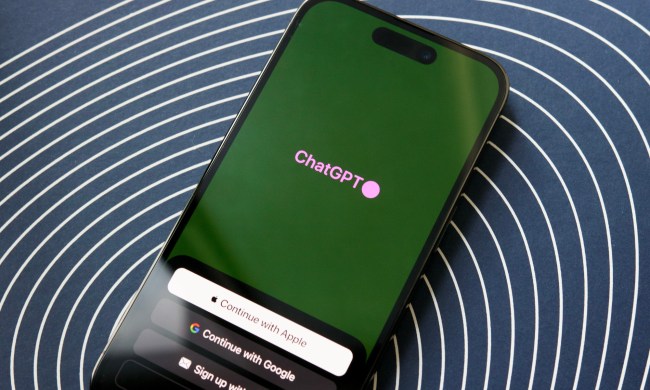
After launching in May and weathering the ire of users since then, Google’s AI Overview is expanding to six additional countries. Specifically, the AI-powered search query summarizer will be coming to the U.K., India, Japan, Indonesia, Brazil and Mexico, with localized language support for each.
Despite initial blowback from users, Google claims that people are already “asking longer questions, diving deeper into complex subjects, and uncovering new perspectives” using Overview, according to the company’s announcement blog post Thursday. “With AI Overviews, we’re seeing that people have been visiting a greater diversity of websites for help with more complex questions. And when people click from search result pages with AI Overviews, these clicks are higher quality for websites — meaning users are more likely to spend more time on the sites they visit.”

Along with the expanded service area, Google is also introducing a new means of finding relevant websites as you search with its link display for AI Overviews on desktop (you can also access it on mobile through the site icon in the upper-right corner of the search window.) That feature begins rolling out today on Overview, as well as for Search Labs users.
The company is also testing adding links to relevant webpages directly within the Overview summaries themselves (much as links on this website are presented) so users can easily click through and more fully explore the referred website.
Google notes that displaying links in this manner has shown to drive increased traffic to publisher sites. “We’ll continue testing different ways of presenting information that’s most helpful for people, while prioritizing approaches that drive traffic to relevant websites,” the announcement reads.
Google is also making a pair of updates to Search Labs for people who have opted in to the “AI Overviews and more” experiment. Users can now “save” generated Overviews for future reference so they won’t have to remember the specific prompt they entered in their initial search.
Users can now also simplify the wording of an Overview with a single click. Both features are currently only available for English-language queries conducted in theU.S.



